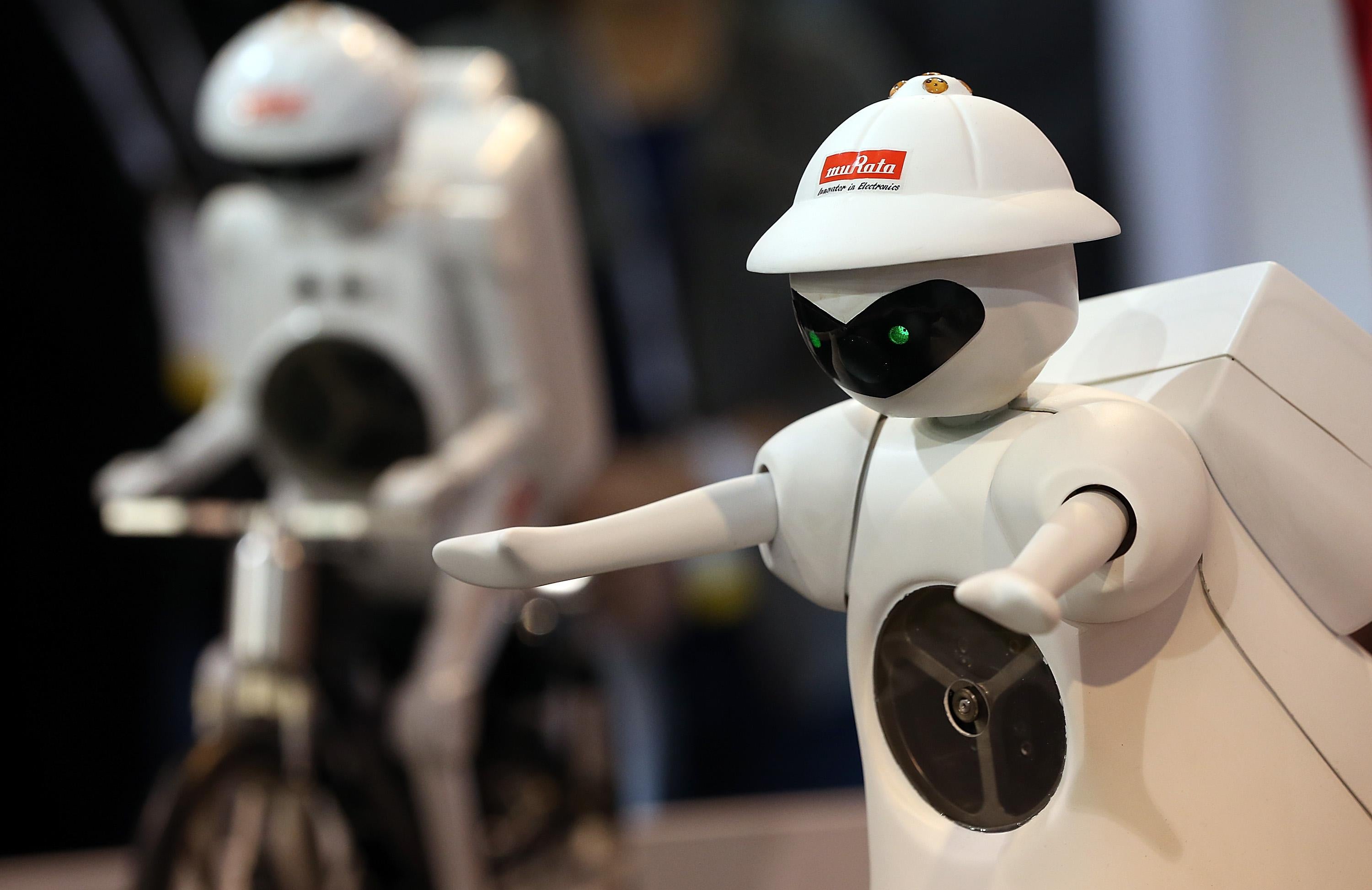Thinking about the long-term future of the American economy often seems to me to be dominated by two worries. On the one hand there’s the concern that mechanization will make human labor useless—robots take our jobs. On the other hand there’s the worry that the cost of supporting an aging population will crush the economy.
What people often don’t seem to realize is that these worries are largely contradictory. But consider the new edition of the Occupational Outlook Handbook from the Bureau of Labor Statistics, hot off the presses yesterday. Its No. 1 occupational category that it thinks will add the most jobs over the next 10 years is personal care aides. It says there will be 580,800 of them. At No. 2 is a better-paying profession—registered nurses. Home health aides is No. 4, and nursing assistants is No. 6.
Now is this really going to happen? I have no idea. But this is the scenario in which population aging puts financial pressure on the economy—a world in which we need to do lots of labor-intensive elder care. The other scenario is one in which robo-nurses make a large share of this labor-intensive elder care irrelevant. In that case we might have an unemployment problem, but we won’t have a demographically induced growth problem.
One happy outcome is a scenario in which we have neither problem. That’s a world in which automation-driven efficiencies outside of the care-giving sector make it relatively easy for us to employ lots and lots of people teaching children and taking care of the elderly. But what certainly won’t happen is a world in which we somehow simultaneously can’t afford to care for the elderly and also can’t come up with anything for able-bodied people to do with their time. If aging is expensive, the expense will specifically take the form of large-scale employment in elder care.
